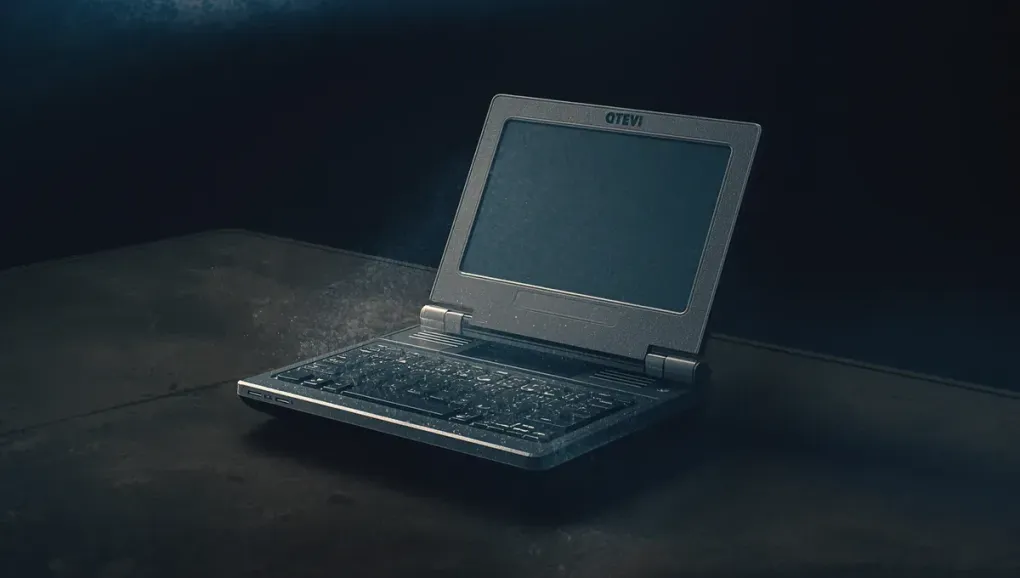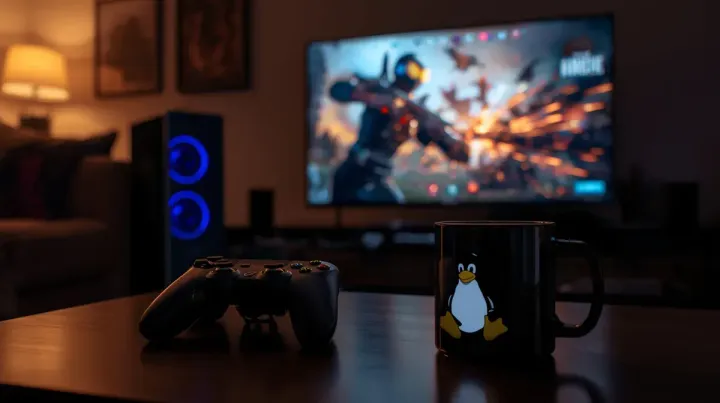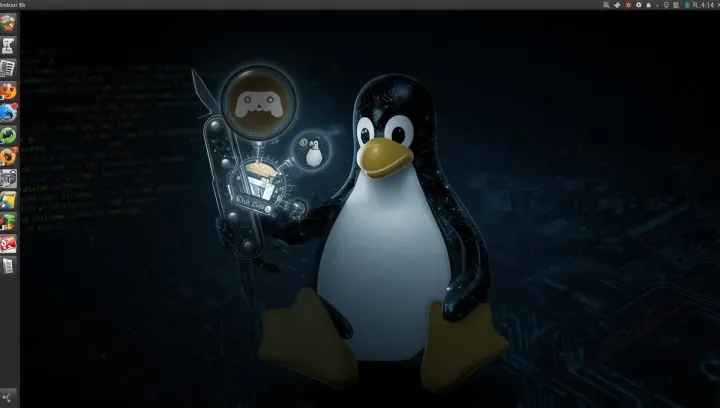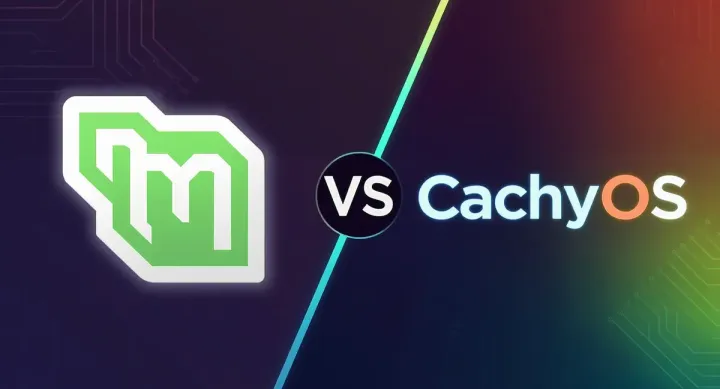
Gaming Handhelds and the Ghost of Netbooks Past
Remember netbooks? For a brief, shining moment around the late 2000s, they were the future. Tiny, cheap laptops for everyone! The reality, as we all painfully learned, was a sluggish, compromised experience that felt like using a desktop PC through a keyhole. They vanished as quickly as they came, a forgotten fad.
So when I look at the explosion of gaming handhelds, I get a weird sense of déjà vu. The hype, the rapidly escalating specs, the ever-increasing prices… it all feels unnervingly familiar. Are we just watching a high-performance repeat of a history we should have learned from?
The Siren Song of the Compromised PC
The fatal flaw of the netbook wasn’t the idea; it was the execution. They were born from a simple, flawed premise: “What if we just made a laptop, but smaller and cheaper?” The result was a device that wasn’t good at being a laptop or being portable. Cramming Windows XP or 7 onto a 9-inch screen with an underpowered Atom processor was a recipe for frustration. They died not just because tablets and smartphones arrived, but because they were fundamentally unpleasant to use.
They were a compromise that satisfied no one. And that’s the ghost I see haunting the current handheld market.
The Steam Deck Anomaly: A Linux-Powered Exception
The company that reignited this market wasn’t a traditional PC maker. It was Valve, and they didn’t just build a small PC. They built an experience. The Steam Deck’s masterstroke isn’t its hardware, which is competent but not bleeding-edge. It’s SteamOS.
By building on a Linux foundation (Arch, specifically) and pouring resources into the Proton compatibility layer, Valve created a console-like experience on PC hardware. The interface is designed for the screen and controls. The software is optimized for the hardware. It just works. It succeeded because Valve understood the assignment: the user experience is more important than the spec sheet. They didn’t sell a tiny PC; they sold a portable Steam console.
The Windows Clones: Déjà Vu All Over Again
And now, look at the competition. The ASUS ROG Ally, the Lenovo Legion Go, the MSI Claw. They’re all impressive pieces of hardware. They’re also falling headfirst into the netbook trap. Their solution is to throw more power at the problem and slap a standard Windows 11 desktop on it.
The result? A clunky, disjointed experience. You’re constantly fighting with a desktop interface not meant for a 7-inch screen. You’re dealing with the overhead and bloat of a full-fledged desktop OS. Battery life is a constant battle. It’s the netbook problem all over again: they are just small, awkward PCs. The focus is on specs and benchmarks, the very things that led netbooks to become overpriced and irrelevant.
A Fork in the Road
The handheld gaming market isn’t necessarily doomed, but the current path taken by Windows-based manufacturers is unsustainable. They are repeating history, chasing higher prices and specs while ignoring the user experience lessons that made the Steam Deck a triumph.
The blueprint for success is right there, and it’s built on Linux. It’s about creating a dedicated, optimized ecosystem, not just shrinking a desktop. The question is whether these companies are willing to learn from the past, or if they’re content to follow the ghost of the netbook right off a cliff.


